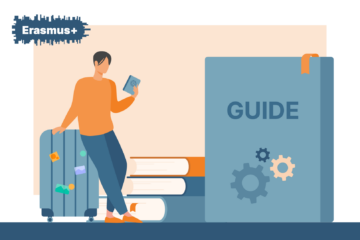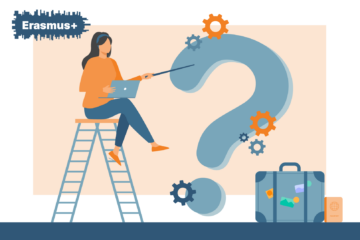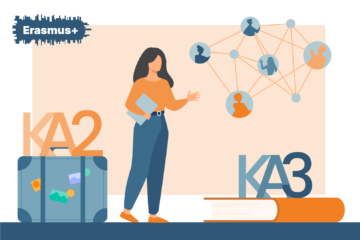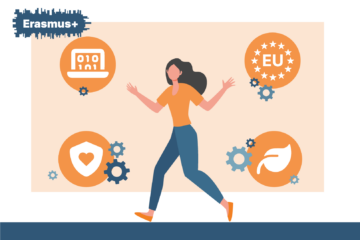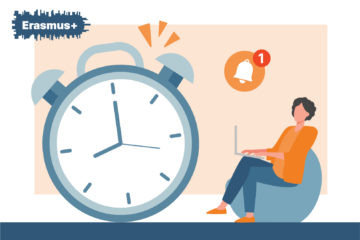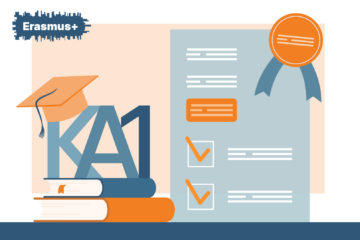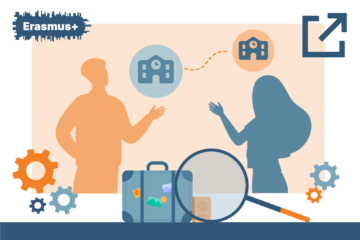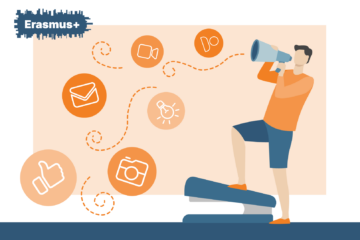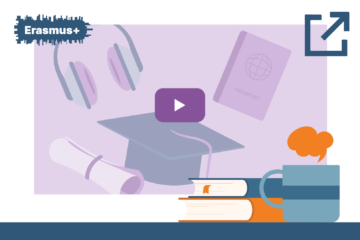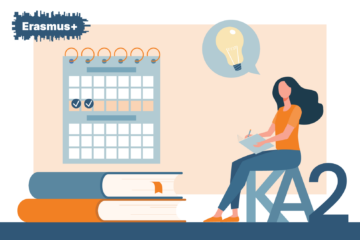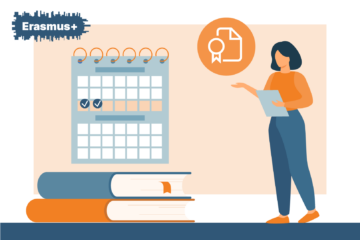Erasmus+ mobilities operate in a “decentralized” manner, indicating that a significant portion of the mobility-related information, including details about grants, is managed by distinct “National Agencies” in individual countries.
Any public or private organization actively involved in education, training, youth and sports sectors can apply to sponsor the training of their staff.
A grant from the Erasmus+ Programme can cover course fees, mobility travel expenses and accommodation.
Contents
Erasmus+ Guides
The Erasmus+ Programme is divided into 4 Actions:
- Key Action 1 supports the mobility of individuals (pupils, teachers, invited experts, VET trainers, etc.) abroad;
- Key Action 2 promotes the setting up of transnational networks of organisations to create cooperative partnerships for innovation;
- Key Action 3 supports policy reform at the institutional level;
- Jean Monnet Actions promote research and innovative teaching practices about the European Union.
Key Features of the Erasmus+ Programme
Navigating the complexities of the Erasmus+ Programme requires a thorough understanding of its foundational elements to ensure your application stands out and aligns with the program’s objectives.
How we can help you
Whether you’re embarking on your first Erasmus+ project or seeking to elevate an ongoing initiative, we can guide every step of the way.
Our deep expertise is rooted in extensive participation in various Erasmus+ projects. This proficiency is further evidenced by the trust placed in us by over 5,000 schools annually attending over 300+ KA1 teacher training programs.
Trainings on Erasmus+
Elevate your expertise and embrace the full potential of the Erasmus+ programme with our specialized training offerings.
Whether you’re looking to craft impactful KA2 projects, navigate the intricacies of Erasmus Accreditation, or simply get a comprehensive overview of the programme, our training sessions are designed to propel you towards educational innovation and excellence.
